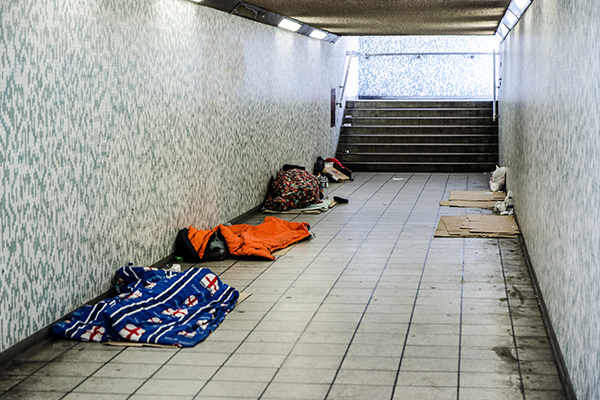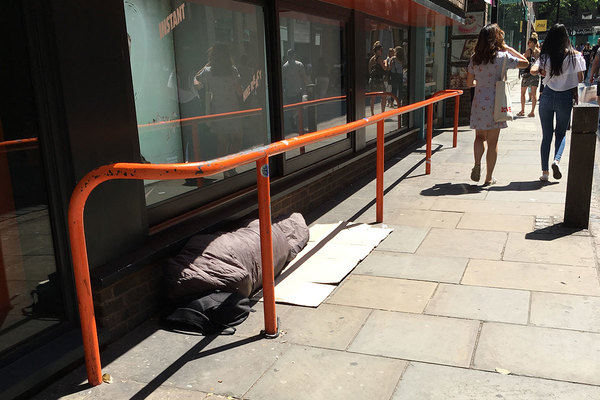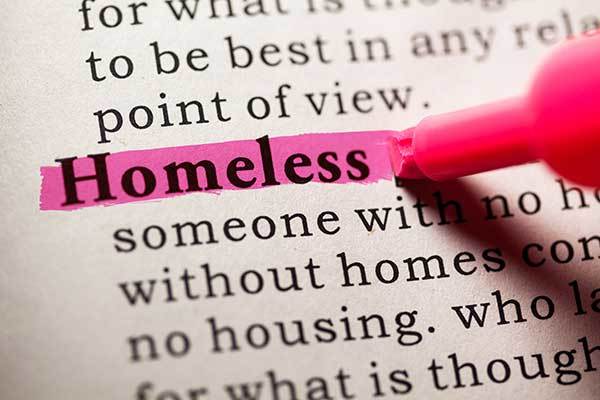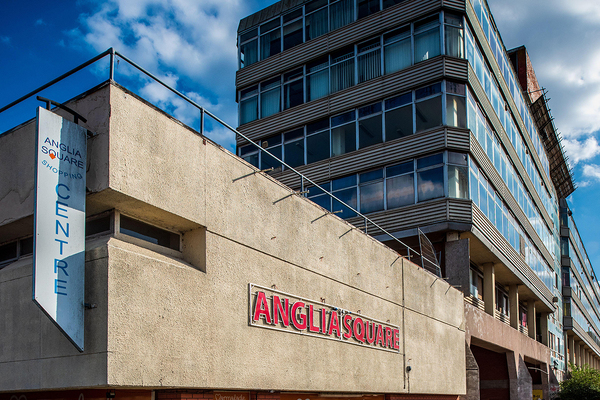You are viewing 1 of your 1 free articles
Government ‘severely understated’ cost of Homelessness Reduction Act, says London Councils
The cost of new duties introduced through the Homelessness Reduction Act was “severely understated” by the government, new research for the local government association has found.
Analysis carried out by the London School of Economics (LSE) on behalf of local government association London Councils, found that the cost of homelessness prevention and relief cases in London is £2,500 per case, almost five times higher than the £530 estimate used by the government to determine funding.
Under the act, introduced in April 2018, councils were given a new duty to prevent and relieve homelessness for all eligible applicants, regardless of priority need.
As part of the change, the government provided London boroughs with £30.2m worth of ‘new burden’ funding over three years, with the expectation that the cost of prevention would be offset after three years because of fewer people becoming homeless.
However, additional duties associated with the act are more likely to cost London boroughs £80.9m over six years, creating a shortfall of £50.8m, LSE found.
The report also revealed the cost of preventing a homelessness case in London is almost five times the national average, because of the higher costs of accommodation.
If current trends continue, the LSE research predicts the total cost of London’s homelessness services will increase to more than £1bn per year by 2021/22.
Kath Scanlon, policy fellow at LSE London, said: “If the goals of the Homelessness Reduction Act are achieved, the well-being of many thousands of people will be improved. But our research shows that the government underestimated the financial impact of the HRA on the capital.
“London’s extreme housing pressures mean the capital’s local authorities face the highest number of homeless households requiring help and the highest costs in securing accommodation for them. It can take months or even years to find them settled homes.
“The government’s funding calculations didn’t reflect the situation in London, meaning that from next April boroughs will have to use their own general funds to pay for all the additional activity brought about by the Homelessness Reduction Act.”
Jackie Odunoye, co-chair of the London Housing Directors’ Group, said: “We are committed to supporting Londoners facing homelessness. The act’s focus on preventing homelessness is undoubtedly sensible but since it was introduced we’ve seen a significant increase in homeless cases across the capital.
“Our ability to prevent homelessness is undermined by London’s severe shortage of affordable housing options.
“We’re also hugely concerned by the uncertainty over future funding when new burdens funding ends in March next year, particularly given the additional administrative burden which takes staff time and other resources away from frontline prevention work.
“For councils to make a success of the act and reduce costs in the longer term, we need an immediate boost to our resources and greater certainty around future funding.”
At a glance: Homelessness Reduction Act 2017
The Homelessness Reduction Act 2017 came into force in England on 3 April 2018.
The key measures:
- An extension of the period ‘threatened with homelessness’ from 28 to 56 days – this means a person is treated as being threatened with homelessness if it is likely they will become homeless within 56 days
- A duty to prevent homelessness for all eligible applicants threatened with homelessness, regardless of priority need
- A duty to relieve homelessness for all eligible homeless applicants, regardless of priority need
- A duty to refer – public services will need to notify a local authority if they come into contact with someone they think may be homeless or at risk of becoming homeless
- A duty for councils to provide advisory services on homelessness, preventing homelessness and people’s rights free of charge
- A duty to access all applicants' cases and agree a personalised plan














